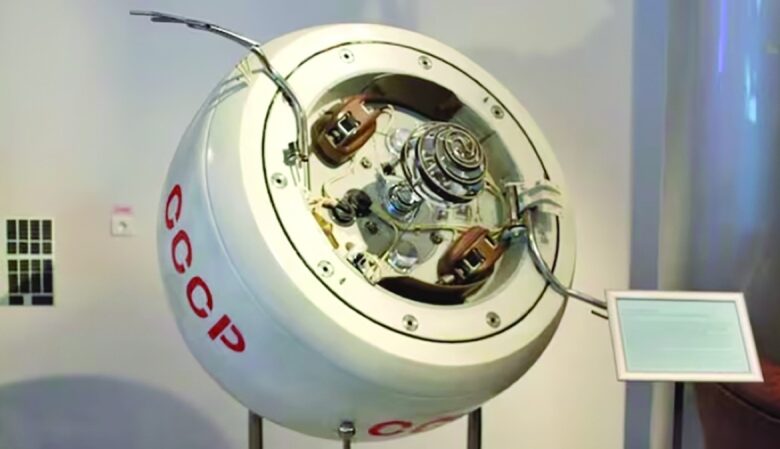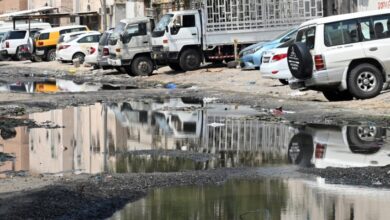
The Kuwait Astronomical Society (KAS) has sought to reassure the public amid growing concerns about a spacecraft expected to fall to Earth today (Saturday). In a statement, the society clarified that the spacecraft will burn up upon re-entry into Earth’s atmosphere, posing no significant threat.
Adel Al-Saadoun, Chairman of the Society, told Al-Rai that “the exact location of the spacecraft’s fall remains unknown,” noting that this is not the first time such an event has occurred. “There have been previous incidents where spacecraft debris has fallen to Earth in known locations,” he said.
Providing scientific and historical context, Al-Saadoun explained that the spacecraft in question is Cosmos 482, launched by the former Soviet Union in late March 1972. Intended to be a Venus probe, a rocket malfunction prevented it from entering a proper Earth orbit, sending it on an incomplete trajectory toward Venus. Parts of the spacecraft remained in Earth’s orbit for 53 years, slowly descending.
According to Live Science, there is currently no accurate prediction for the landing site of Cosmos 482. The possible impact zone spans much of the planet, covering areas between 52 degrees north and 52 degrees south latitude.
“This wide zone includes most of the Earth, including the United States, South America, Africa, Australia, and the majority of Europe and Asia below the Arctic Circle,” said Marco Langbroek, a space awareness lecturer at Delft University of Technology in the Netherlands, who first noted the spacecraft’s approaching re-entry.
As the world awaits more precise tracking data, experts emphasize that the spacecraft’s fiery descent is expected to occur mostly in the atmosphere, with any surviving fragments unlikely to pose a major risk.















